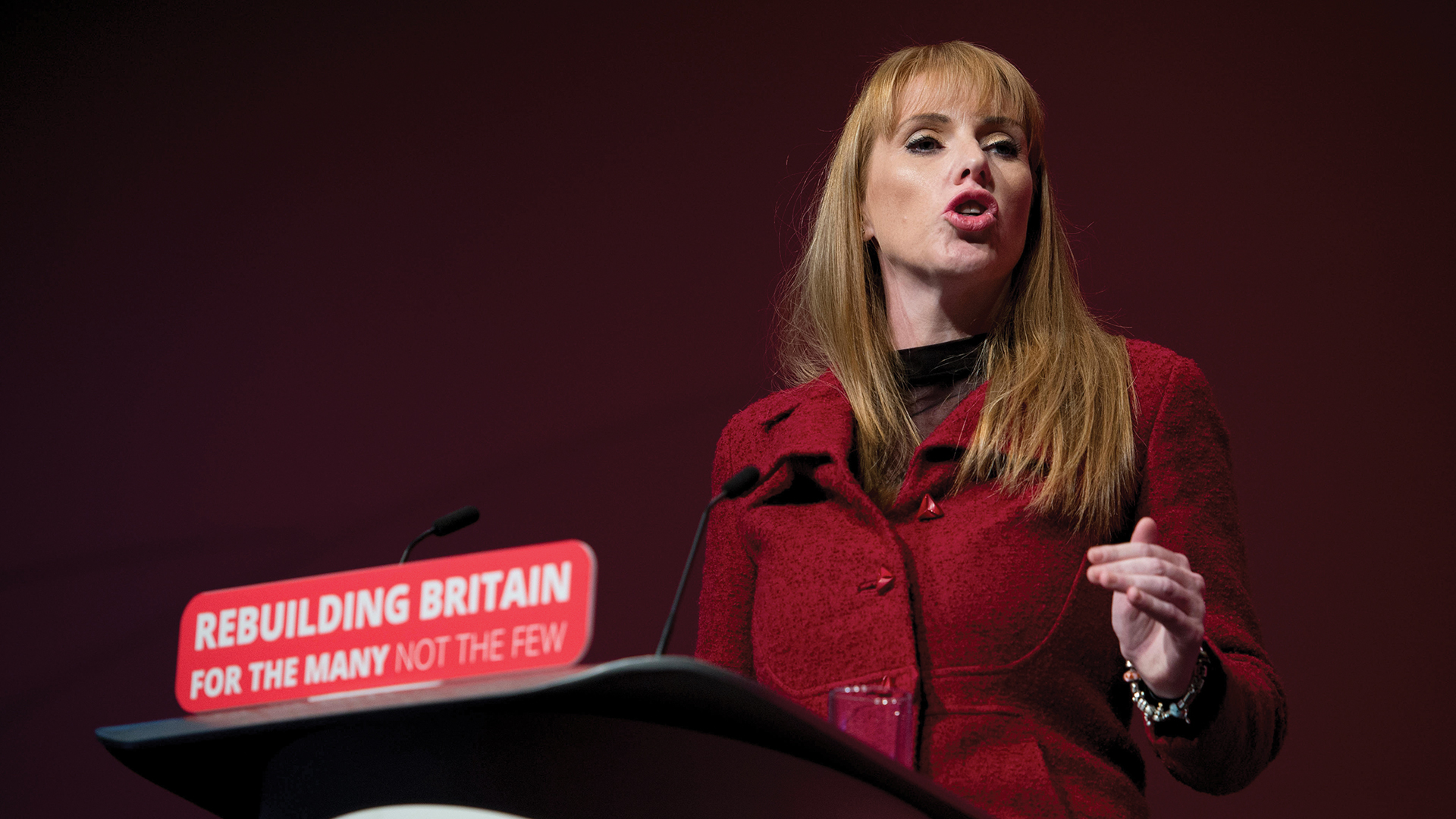The fall of Angela Rayner took me by surprise. Over such a thing as tax on a second home. Isn’t it interesting that if most of the middle classes, and those who have joined them from the working class, ever get their hands on serious dosh it is because of the buying and selling of property.
The UK’s family silver is property. It lifts people who could work all their lives and never accumulate any wealth beyond the property they purchased. For a considerable period of time people bought buy-to lets, let their tenants pay their mortgage, and could then use the money accrued through the increase in house prices to play at the Bank of Mum and Dad. Perhaps getting their kids on the property ladder, or paying for them through university.
Get the latest news and insight into how the Big Issue magazine is made by signing up for the Inside Big Issue newsletter
Working class Right to Buy social housing tenants could therefore propel their children and even grandchildren into the middle classes and broaden that class preferred by Thatcher: the nouveau middle classes. Eighty per cent of bank transactions by high street banks involve the buying and selling of private property, with only 20% going to the creation and support of new businesses.
So you can see that property is the lifeblood of the British economy. It’s the driving force of wealth in the UK and therefore a major source of concern for all people who are either trying to join in the property-owning democracy or trying to get rented accommodation that is affordable. Hence if a cabinet minister gets caught up in avoidance, even if legally framed, if it’s about property then it raises the hackles of the many. For property is where’s it’s at.
When did we become a de-industrialised, post-investment-in-business country? Where the economic heat is nearly all about property? An investor would rather invest in property than in some more risky investment like building a business. That seems to be the reality behind the British system of getting your hands on wealth. Our current housing crisis is down to this enormous concentration on wealth creation, not in businesses that provide work but in buying and selling property. Compare that with Germany where 80% of bank business is about businesses and only 20% about property. In spite of the many problems of the German economy they don’t have our acute housing crisis.









